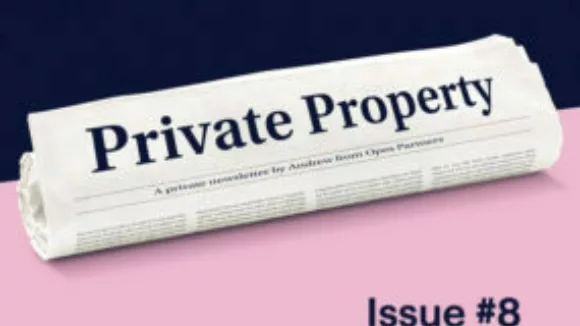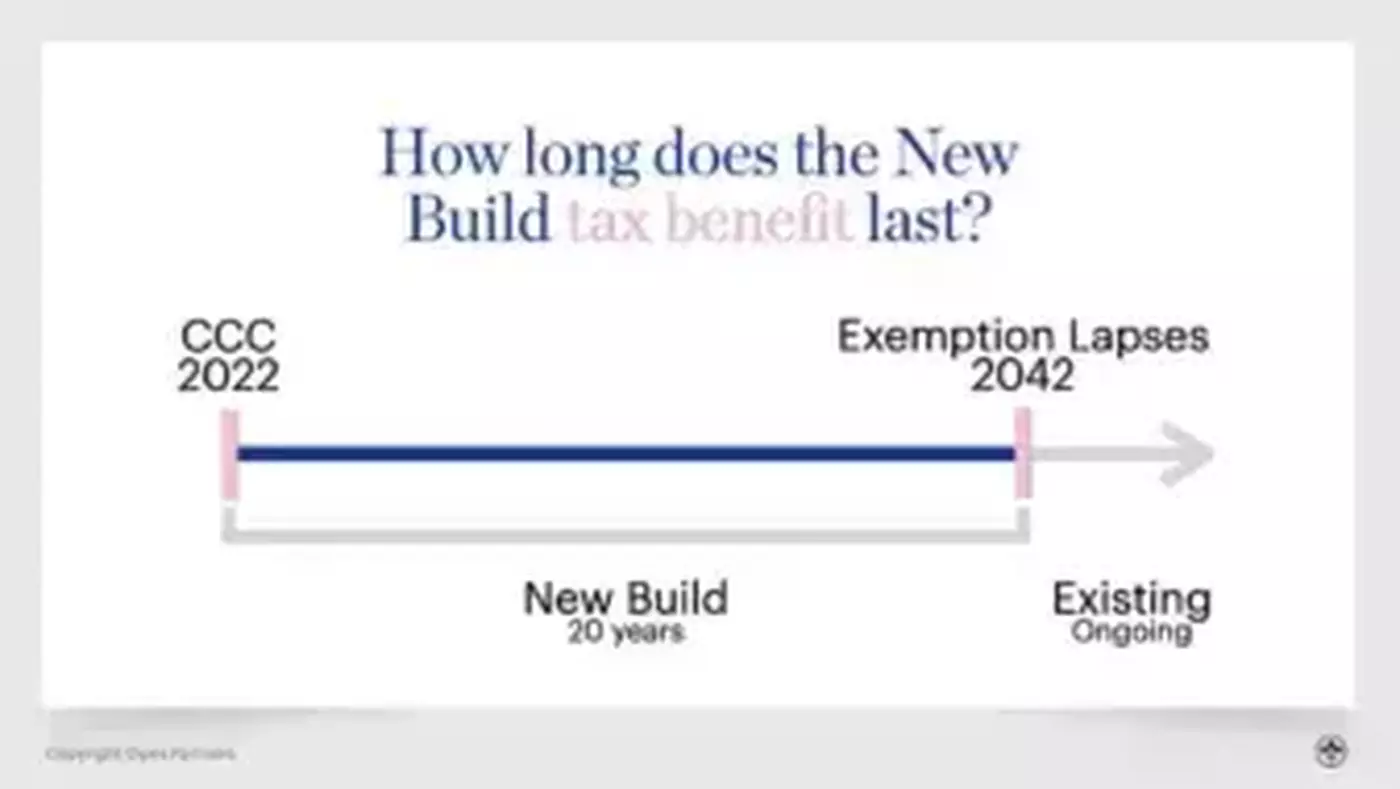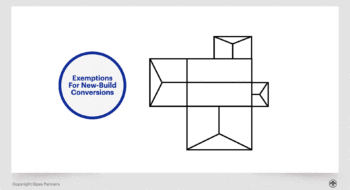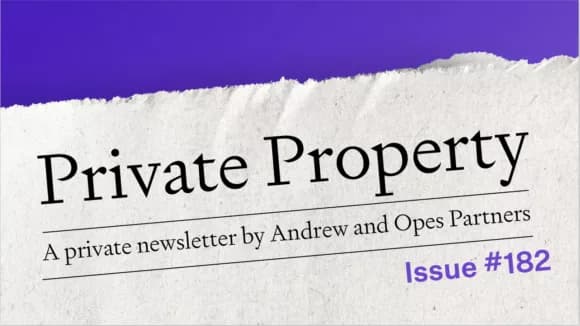In – relocatable homes
If you move a house from down the street and onto your piece of land, it can be considered a new build and claim the tax advantages – as long as it gets a fresh Code Compliance Certificate (CCC) from the Council.
In fact, you don't even have to move a property onto your land to get in on this one. If you move your already-existing house to another part of your land and get a new CCC, it becomes a new build.
But, you need to have a valid reason for this. You can’t just do it to get the tax deduction. Otherwise, you might find an IRD investigator on your doorstep.
A valid reason would be:
"I relocated the house further forward on the section to make room to build a minor dwelling on the back.”
In that case, both are considered new builds and receive tax incentives.
Two long-term property investment strategies still work
1) Use the passive buy-and-hold strategy. This is where you buy a new build and hold onto it long-term. This way, you get access to the tax incentives for the next 20 years.
2) Renovate your properties to either fit the definition of a new build or to increase the rent substantially. This will compensate for the extra tax.
Looking for more detail? We released this podcast video a few days ago, which goes through all the changes. Find this in the articles below.
And if you want to dive right into the details, here is where you can access the entire special report from the IRD.










